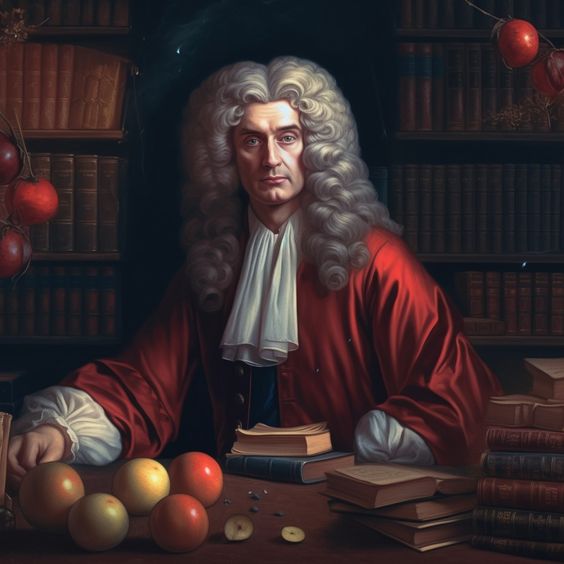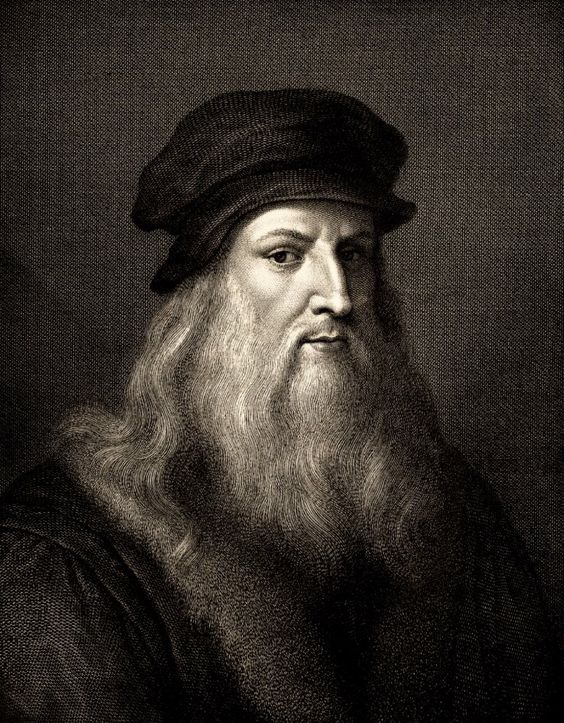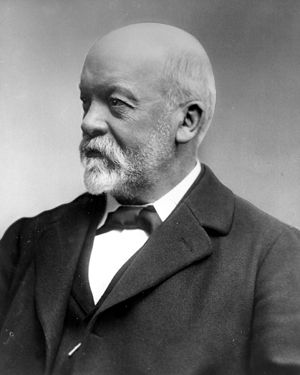Isaac Newton, born on December 25, 1642, in Woolsthorpe-by-Colsterworth, Lincolnshire, England, was an English mathematician, physicist, and astronomer who made significant contributions to the fields of physics and mathematics. Here is an overview of Isaac Newton’s life, achievements, and impact:
- Early Life and Education: Newton’s early life was marked by his innate curiosity and interest in understanding the natural world. He attended Trinity College, Cambridge, where he studied mathematics, physics, and philosophy.
- Laws of Motion: Newton’s most renowned work is his formulation of the three laws of motion, which are fundamental principles in classical physics. These laws describe the relationship between the motion of an object and the forces acting upon it. They are known as Newton’s First Law (law of inertia), Newton’s Second Law (force equals mass times acceleration), and Newton’s Third Law (action and reaction).
- Law of Universal Gravitation: Newton’s law of universal gravitation revolutionized our understanding of gravity. According to this law, every particle of matter attracts every other particle with a force that is directly proportional to the product of their masses and inversely proportional to the square of the distance between them. This law explained the motion of celestial bodies and played a crucial role in the development of the field of astrophysics.
- Optics and Reflecting Telescope: Newton made significant contributions to the field of optics. He conducted experiments on light and discovered that white light is composed of a spectrum of colors. He also designed the reflecting telescope, known as the Newtonian telescope, which used a curved mirror to focus light, improving the quality of astronomical observations.
- Mathematical Contributions: Newton’s work in mathematics was equally groundbreaking. He developed calculus, independently of German mathematician Gottfried Wilhelm Leibniz, and his methods are still widely used today. Calculus provided a powerful tool for solving complex mathematical problems and played a vital role in advancing fields such as physics and engineering.
- Principia Mathematica: Newton’s most influential publication was “Philosophiæ Naturalis Principia Mathematica” (Mathematical Principles of Natural Philosophy), commonly known as the Principia. In this work, published in 1687, Newton presented his laws of motion and the law of universal gravitation, providing a comprehensive mathematical framework for understanding the physical world.
- Later Life and Legacy: Newton held various academic positions throughout his life, including serving as a professor at Cambridge University and as the President of the Royal Society. His contributions to science and mathematics laid the foundation for the modern scientific revolution and transformed our understanding of the physical universe.
Isaac Newton’s impact on science and mathematics cannot be overstated. His laws and theories provided a solid framework for understanding the natural world and influenced generations of scientists and thinkers. Newton’s work still forms the basis of classical mechanics, and his legacy continues to inspire scientists and scholars worldwide.
Isaac Newton passed away on March 20, 1727, leaving behind an enduring scientific legacy that has shaped our understanding of the physical world for centuries. His name is synonymous with scientific genius, and he is considered one of the greatest scientists in history.









